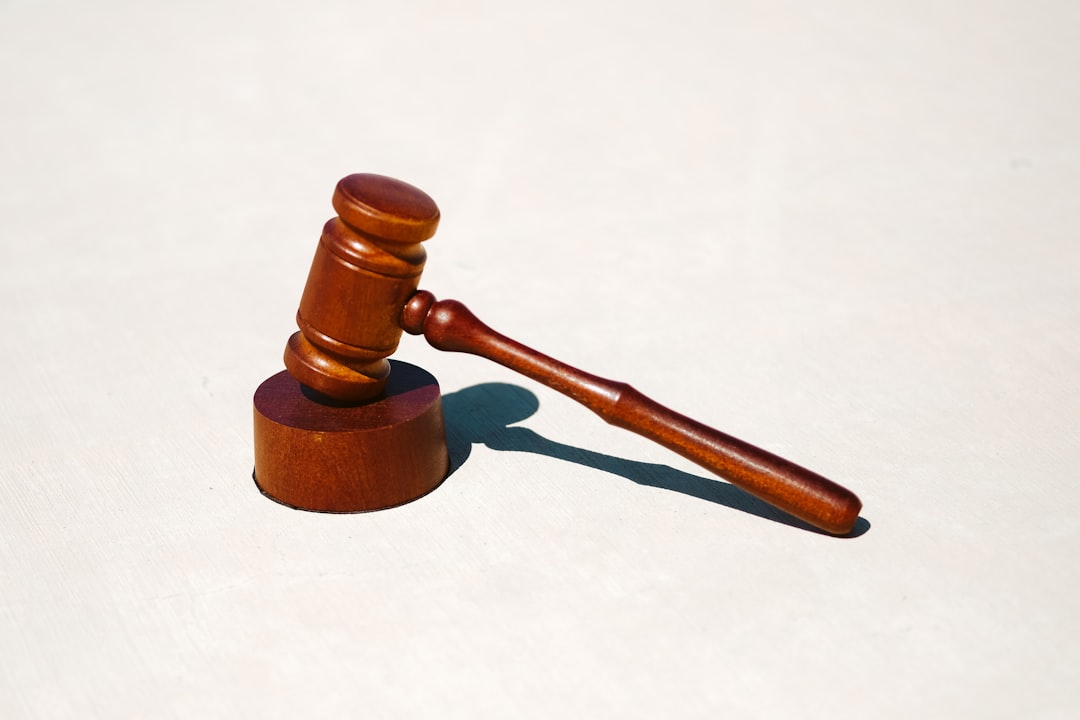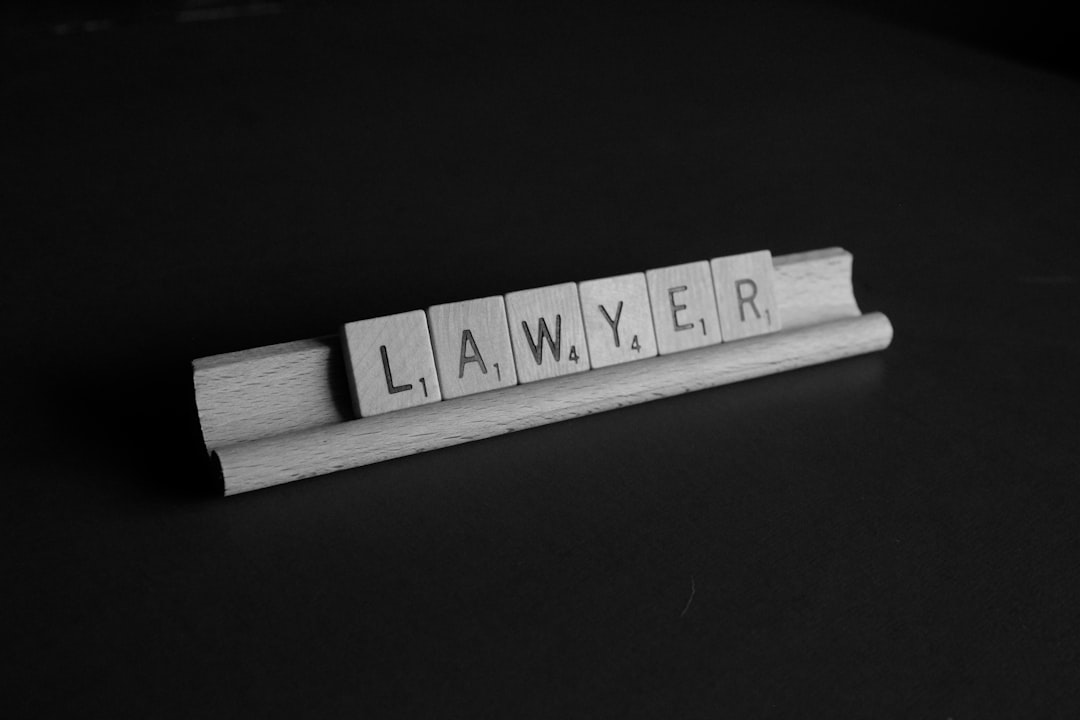In Colorado, a strong legal framework guides the meticulous collection and preservation of sexual assault evidence by specialized sexual abuse law firms and close collaboration with law enforcement and medical professionals. This robust system, based on guidelines in Title 18 of the Colorado Revised Statutes, balances victim rights, well-being, and effective prosecution through regular updates to policies and strict adherence to forensic science principles. The result is a dedicated approach to combating sexual abuse and supporting survivors throughout the judicial process.
In Colorado, understanding the sexual assault evidence collection policies is paramount in supporting survivors and securing justice. This comprehensive guide explores the intricate web of laws, procedures, and best practices surrounding evidence gathering. From Colorado’s legal framework, emphasizing the role of law enforcement, to medical examinations and the vital role of a sexual abuse law firm in advocating for survivors, this article offers valuable insights. Learn how prompt medical care, proper documentation, and legal assistance can ensure survivors’ rights are protected while navigating complex legal systems.
Colorado's Legal Framework for Sexual Assault Evidence Collection

In Colorado, the legal framework for sexual assault evidence collection is governed by a comprehensive set of guidelines designed to protect victims and ensure the integrity of evidence. A sexual abuse law firm in Colorado often works closely with law enforcement and medical professionals to adhere to these policies. The state has established protocols for collecting and preserving physical evidence related to sexual assaults, including DNA samples, bodily fluids, clothing, and other potential items that can aid in investigations and prosecutions. These procedures are outlined in detail, emphasizing the importance of prompt collection and proper handling to maintain admissibility in court.
Colorado’s approach prioritizes the rights and well-being of victims while also aiming to strengthen the accuracy and strength of legal cases. The state’s sexual assault evidence collection policies are regularly updated to reflect advancements in forensic science and legal practices, ensuring that justice is served effectively. This commitment to a robust legal framework underscores Colorado’s efforts to combat sexual abuse and provide support for survivors through the judicial system.
– Overview of Colorado's sexual assault laws and relevant statutes
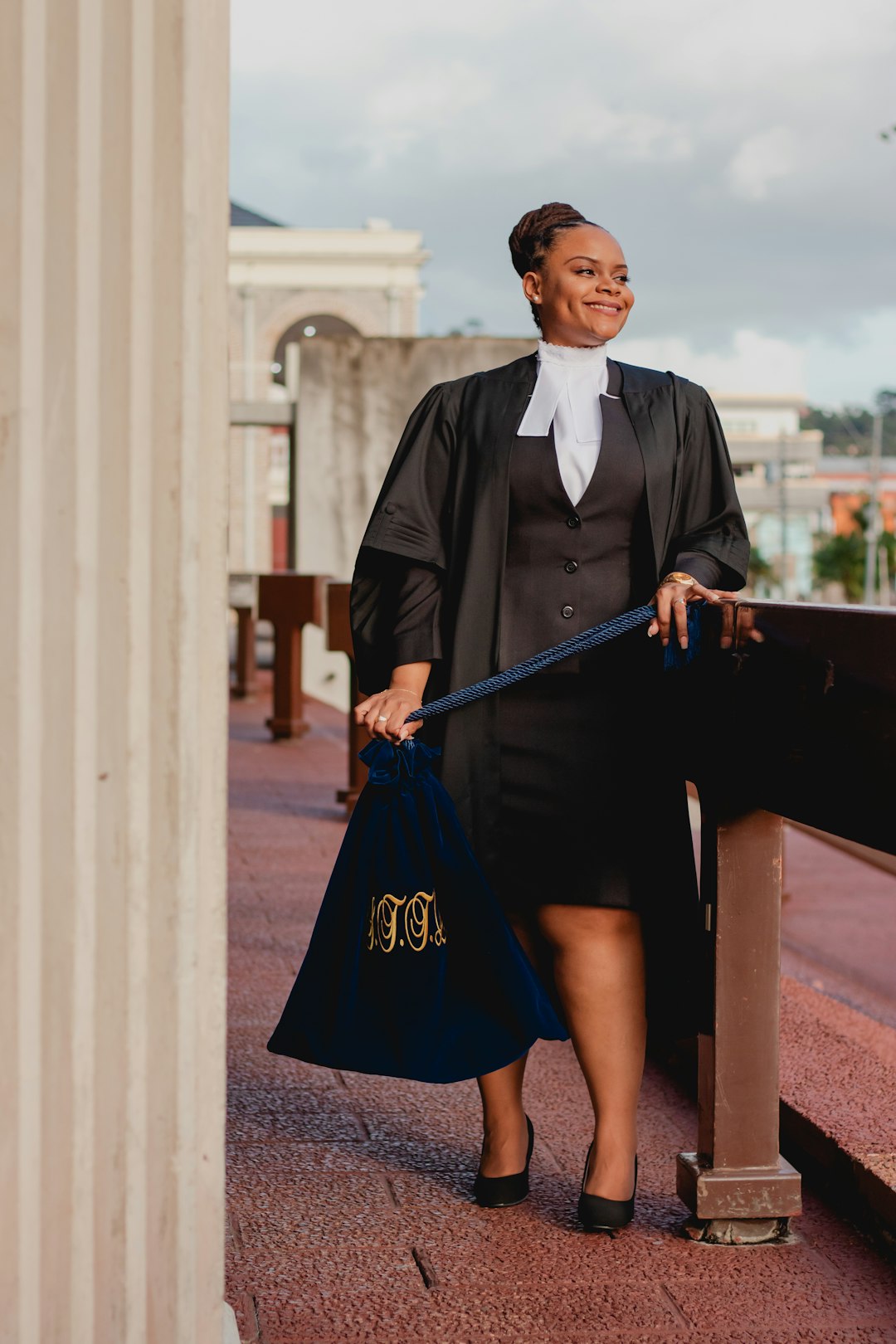
In Colorado, sexual assault is taken extremely seriously, with a robust legal framework in place to protect survivors and hold perpetrators accountable. The state’s sexual abuse law firm plays a pivotal role in advocating for victims’ rights and ensuring justice. The relevant statutes, such as those found in Title 18 of the Colorado Revised Statutes, outline strict guidelines regarding evidence collection and preservation in cases involving sexual assault. These laws emphasize the importance of prompt action, ensuring that physical evidence is collected and handled with meticulous care to preserve its admissibility in court.
Colorado’s policies are designed to facilitate a thorough yet sensitive investigation process. This includes protocols for collecting and documenting physical evidence, such as clothing, hair, or bodily fluids, which can be crucial in supporting a victim’s claim. The state has established specialized forensic units and trained professionals to handle these cases, ensuring that evidence is collected and processed accurately, thereby strengthening the legal case against alleged perpetrators.
– The role of law enforcement in evidence collection procedures
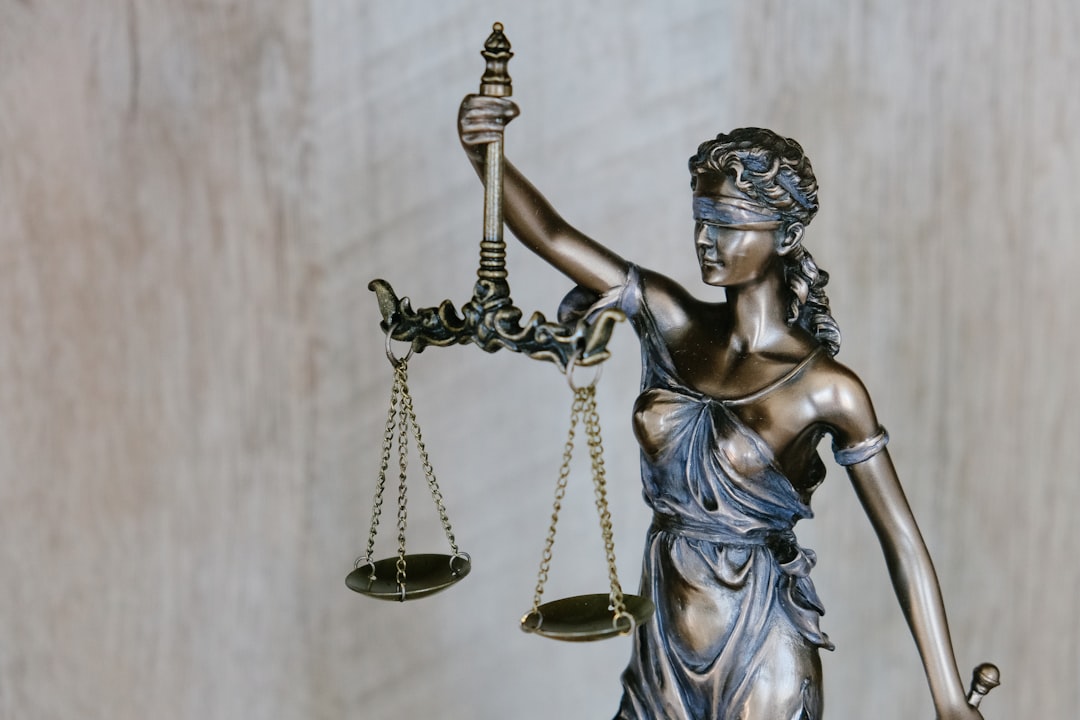
Law enforcement plays a crucial role in ensuring that evidence collected from sexual assault cases in Colorado is handled appropriately and admissibly in court. They are trained to follow specific protocols designed to preserve the integrity of physical and digital evidence, which can include DNA samples, photographs, medical records, and electronic devices. The goal is to collect and secure evidence without compromising its value as proof, while also protecting the rights of both victims and accused.
In Colorado, sexual abuse law firms often collaborate closely with local law enforcement to navigate complex legal procedures. They guide investigators on best practices for evidence collection, ensuring compliance with state laws and regulations. This collaborative approach helps ensure that victims receive sensitive and thorough treatment, and that any evidence collected can be used effectively in subsequent legal proceedings against perpetrators.
Best Practices for Collecting and Preserving Evidence
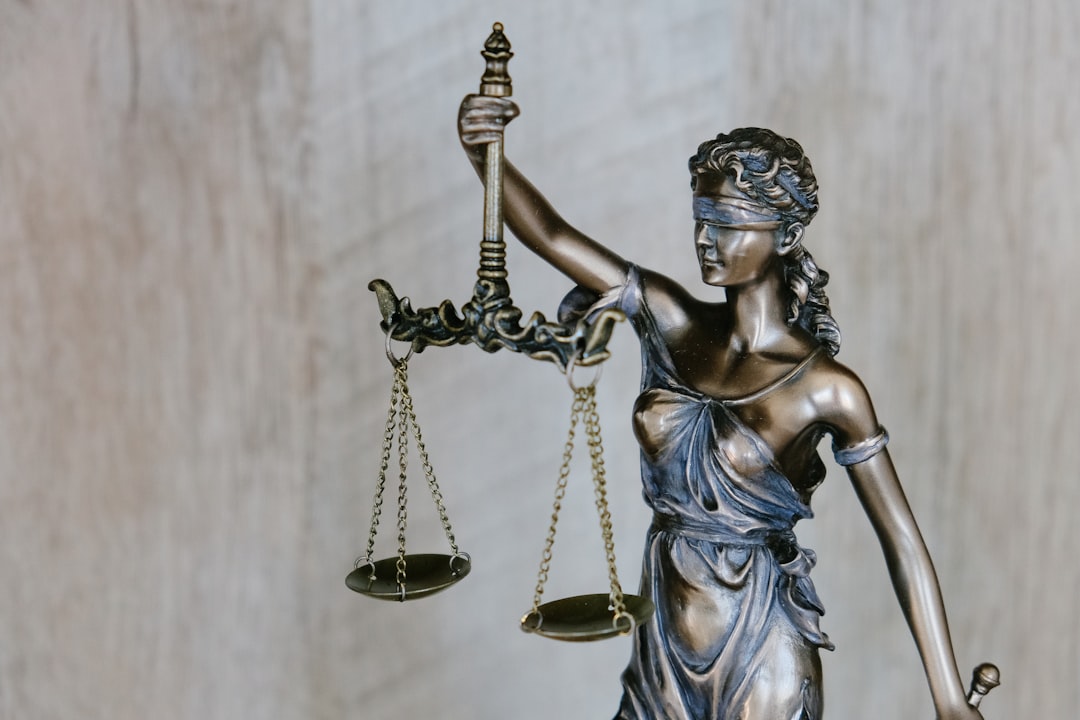
When dealing with sexual assault cases, proper collection and preservation of evidence are paramount to ensuring a successful prosecution. A sexual abuse law firm in Colorado emphasizes best practices that include documenting every step of the collection process. This involves taking detailed notes, using photography for visual documentation, and collecting items like clothing or bedding for forensic analysis. It’s crucial to maintain a sterile environment to avoid contaminating evidence.
Preserving the chain of custody is another critical aspect. Each piece of evidence should be securely packaged, labeled with relevant information, and stored in a secure location. This meticulous approach ensures that the integrity of the evidence remains unaltered and admissible in court. Such best practices are crucial for sexual abuse law firms in Colorado to navigate complex legal procedures and provide justice for survivors.

